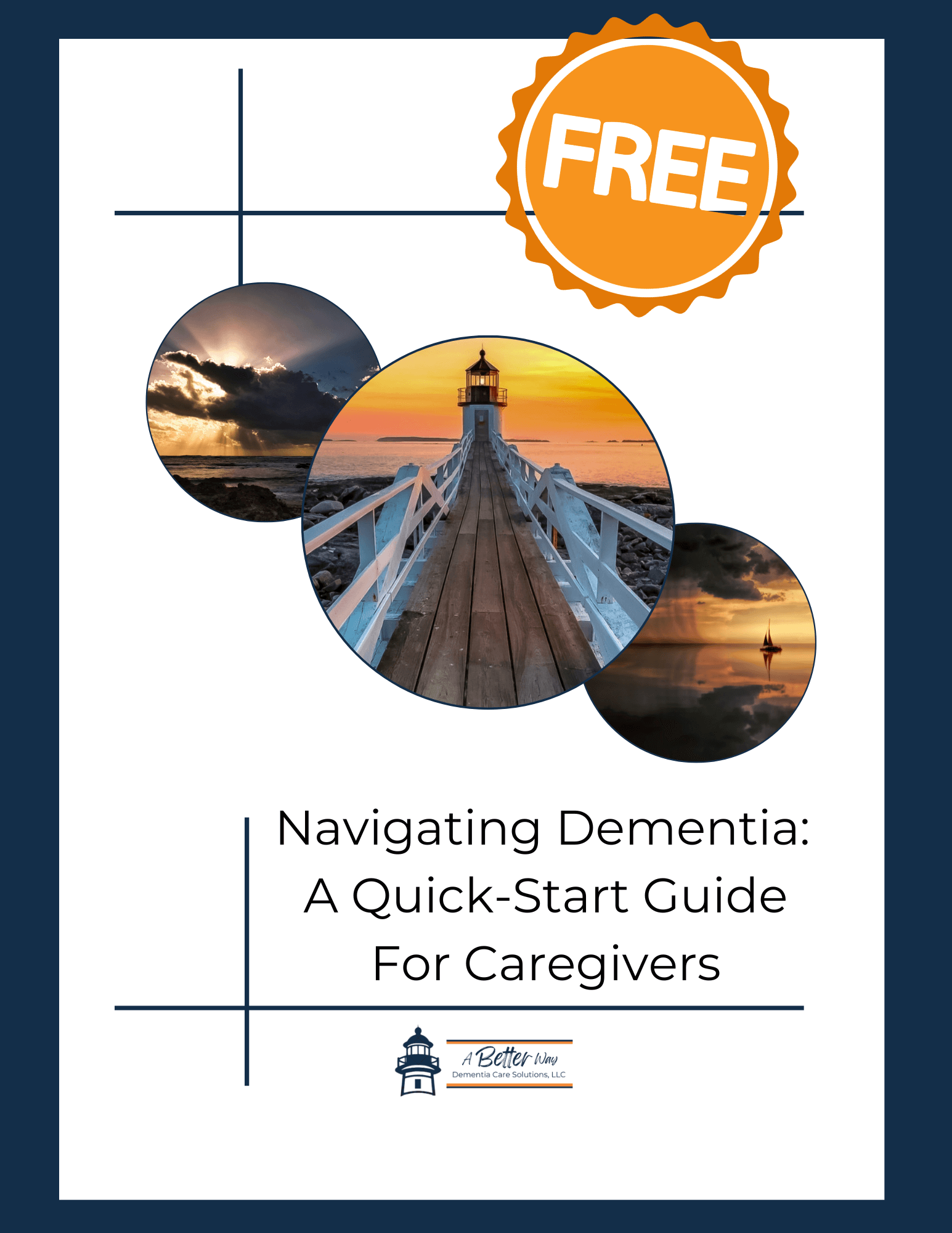
Staying hydrated isn’t always simple, but it’s one of the most important parts of daily care.
If the person you care for resists drinking water, forgets to sip throughout the day, or shows signs of dehydration, you’re not alone. Dehydration is incredibly common in dementia care, and it can lead to increased confusion, urinary tract infections (UTIs), and even hospitalizations.
The good news? There are simple, creative ways to make hydration easier and even enjoyable.
Why Hydration Is So Important in Dementia Care
People living with dementia may not recognize thirst, may struggle to use cups, or may avoid fluids to reduce bathroom trips.
This can lead to chronic dehydration, which worsens:
• Confusion and disorientation
• Dizziness and risk of falls
• Constipation and UTIs
• Medication side effects
Keeping the person you care for well-hydrated supports mood, memory, mobility, and more.
Practical Hydration Tips for Everyday Care
1. Pair drinking with routine activities
Encourage a few sips:
• After using the bathroom
• Before or after meals
• During medication times
• While watching TV or sitting together
2. Offer small amounts frequently
Instead of pushing large glasses, try:
• 4 oz cups every hour
• A sip every 15 minutes during activities
3. Use high-water foods
Not all hydration has to come from drinks. Try:
• Watermelon, cucumber, oranges
• Yogurt, smoothies, popsicles
• Soup broths or gelatin snacks
4. Try flavored waters and drinks
Plain water may be boring or unappealing. Offer:
• Flavored electrolyte waters
• Herbal teas (warm or iced)
• Diluted juice or fruit-infused water
5. Use assistive cups and straws
Adaptive cups can reduce spills and frustration. Look for:
• Two-handled mugs
• Weighted cups with lids
• Silicone straws or easy-grip tumblers
6. Make it social
Join them with your own drink. A casual “cheers” or shared moment can increase fluid intake naturally.
7. Try Jelly Drops or similar hydration snacks
Originally designed for dementia care, Jelly Drops are water-rich gummies with added electrolytes. Caregivers report excellent results with these, especially when other methods fail.
Recommended Products to Support Hydration
Here are some helpful tools to make hydration easier:
• Adaptive Two-Handled Cup with Lid: Spill-resistant and easy to grip, ideal for tremors or limited dexterity.
• Silicone Drinking Straws with Cleaning Brush: Reusable, soft straws that are gentle and safe.
• Hydration Reminder Water Bottle: With time markers to encourage regular sipping.
• Drip Drop hydration packets: Electrolytes powder packets perfect to rehydrate on-the-go.
Recognizing Signs of Dehydration
Keep an eye out for:
• Dark urine or infrequent urination
• Dry mouth or sunken eyes
• Sudden fatigue or confusion
• Dizziness when standing
When in doubt, increase fluid intake and consult your care team.
Encouragement for the Journey
You’re doing something incredibly important by paying attention to hydration. It may feel like a small act, but these sips of water, bowls of melon, or clinking mugs can truly change a day for the better. Try one new idea at a time, and celebrate the little wins.
You’re not alone in this.
Want more caregiver-friendly tips like this? Click here to join our list and receive your FREE caregiver hydration checklist.
Your "Calmer Meals in 5 Days" Email Course Is Here!!!
If you want even more step-by-step help creating safe, delicious, and easy-to-prepare meals, my "Calmer Meals in 5 Days" Email Course is designed for dementia caregivers, family supporters, and care professionals. For only $15, you will learn how to adapt meals to meet both safety and enjoyment goals, save time in the kitchen, and bring more peace to mealtimes.
Notes
1. Volkert, D., et al. (2019). ESPEN guideline on clinical nutrition and hydration in geriatrics. Clinical Nutrition, 38(1), 10–47.
2. Simmons, S. F., et al. (2001). Hydration status and symptoms in long-term care residents with dementia. Geriatric
Nursing, 22(2), 84–88.
Affiliate Disclosure
A Better Way - Dementia Care Solutions, LLC participates in the Amazon Associates Program, which means we earn a small commission when you buy through links on our site, at no extra cost to you. We only recommend products that we believe can help caregivers on their journey.
Disclaimer
The information provided in this blog is for educational purposes only and should not be considered medical advice. Always consult with a doctor or a licensed physical therapist before starting any new exercise routine, using assistive devices, or following the recommendations mentioned. Every individual’s needs are different, and professional guidance is essential to ensure safety and appropriateness of care.
Want to keep figuring this out together?
Subscribe to Finding Our Way in Dementia Care and get honest stories, helpful tips, and gentle support delivered to your inbox every week. Just real talk, grounded care, and space to breathe.
Subscribe to Finding Our Way in Dementia Care and get honest stories, helpful tips, and gentle support delivered to your inbox every week. Just real talk, grounded care, and space to breathe.
Kind truth. Clear steps. Warm guide.

















0 Comments